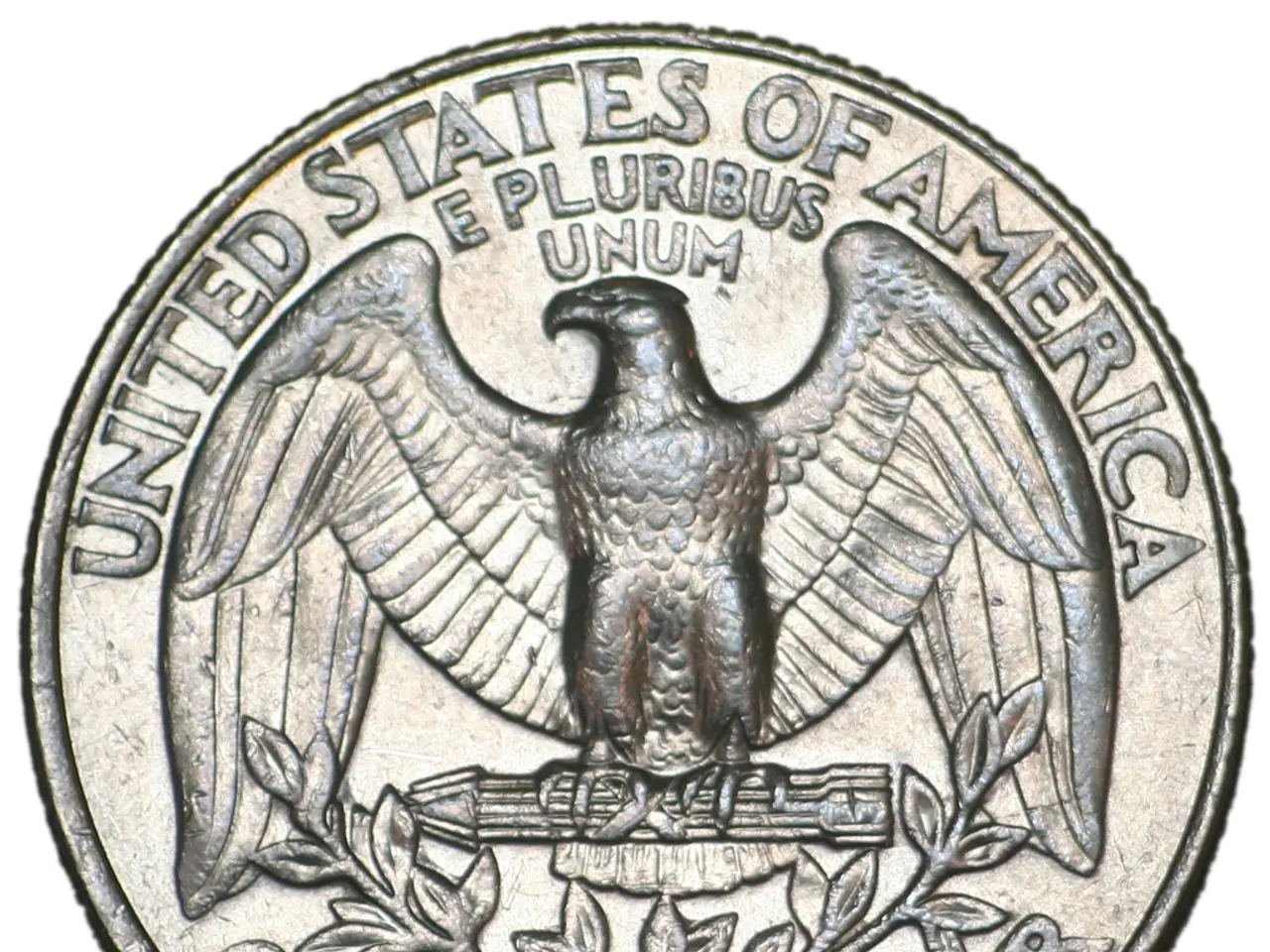KuCoin implemented a 7.5% Value-Added Tax (VAT) on transaction fees for users residing in Nigeria.
Global Cryptocurrency Exchange KuCoin Introduces VAT on Transaction Fees for Nigerian Users
Global cryptocurrency exchange KuCoin has announced that it will be introducing a 7.5% Value-Added Tax (VAT) on transaction fees for its Nigerian users, effective July 8th, 2024. This decision comes amidst increasing regulatory scrutiny of cryptocurrency operations in Nigeria.
The VAT will apply to all trade types on the KuCoin platform and will be calculated based on the transaction fee, not the total transaction value. Users whose KYC information is registered in Nigeria will be affected by this change.
The email statement clarifies that the VAT will be charged on the transaction fee, not the total transaction value. However, KuCoin has not provided any information about potential exemptions or reductions for the VAT.
Compliance with Local Laws
Nigeria has implemented VAT laws that apply to various services, including financial transactions. By adding a VAT on fees, KuCoin is ensuring compliance with these laws to avoid potential legal issues.
International Cooperation
Cryptocurrency exchanges like KuCoin must comply with international regulations to prevent money laundering and ensure tax transparency. This includes aligning with global standards that require reporting and taxation of financial transactions.
Market Expansion and Stability
By adhering to local tax laws, KuCoin can maintain a stable and legitimate presence in Nigeria, which is crucial for expanding its user base and maintaining trust with regulators and users.
The ongoing legal action against Binance in Nigeria is being heard in a Nigerian court, with one of the charges brought against the exchange being tax evasion. Binance, founded by Changpeng 'CZ' Zhao, has been the poster child of the crackdown in Nigeria. KuCoin suspended P2P trading and fast buy services via naira card for Nigerian users in May 2024 in response to regulatory concerns.
It's unknown how KuCoin intends to remit the collected VAT to Nigerian authorities given the current restrictions on Nigerian banks working with crypto exchanges. KuCoin did not respond to Mariblock's question regarding its process for remitting the value-added tax.
The Nigerian government has been cracking down on peer-to-peer trading of cryptocurrency, citing concerns about the unregulated nature of the market making the naira susceptible to speculation. The government's efforts to broaden its tax base and ensure compliance with international tax standards may also be contributing factors to KuCoin's decision.
For example, a 1 USDT fee on a 1,000 USDT transaction will result in a VAT of 0.075 USDT. The ongoing legal action against Binance in Nigeria is a clear indication that regulatory compliance is a priority for the Nigerian government, and other cryptocurrency exchanges operating in the country may follow suit.
In summary, the introduction of VAT on transaction fees by KuCoin for Nigerian users is a strategic move to comply with local and international regulations, ensuring the exchange's operations are legally sound and sustainable in the Nigerian market. However, specific details about KuCoin's reasoning might require direct statements from the exchange itself.
- The cryptocurrency exchange KuCoin is introducing a Value-Added Tax (VAT) on transaction fees for its Nigerian users, following increasing regulatory scrutiny in Nigeria.
- By adhering to local VAT laws, KuCoin aims to maintain a stable and legitimate presence in Nigeria, which is crucial for expanding its user base and maintaining trust with regulators and users.
- Cryptocurrency exchanges like KuCoin must comply with international regulations to prevent money laundering and ensure tax transparency, aligning with global standards that require reporting and taxation of financial transactions.
- The Nigerian government has been cracking down on unregulated cryptocurrency markets, citing concerns about speculation and the need to broaden its tax base.
- The ongoing legal action against Binance in Nigeria serves as a clear indication that regulatory compliance is a priority for the Nigerian government, potentially leading other cryptocurrency exchanges to follow similar measures.




